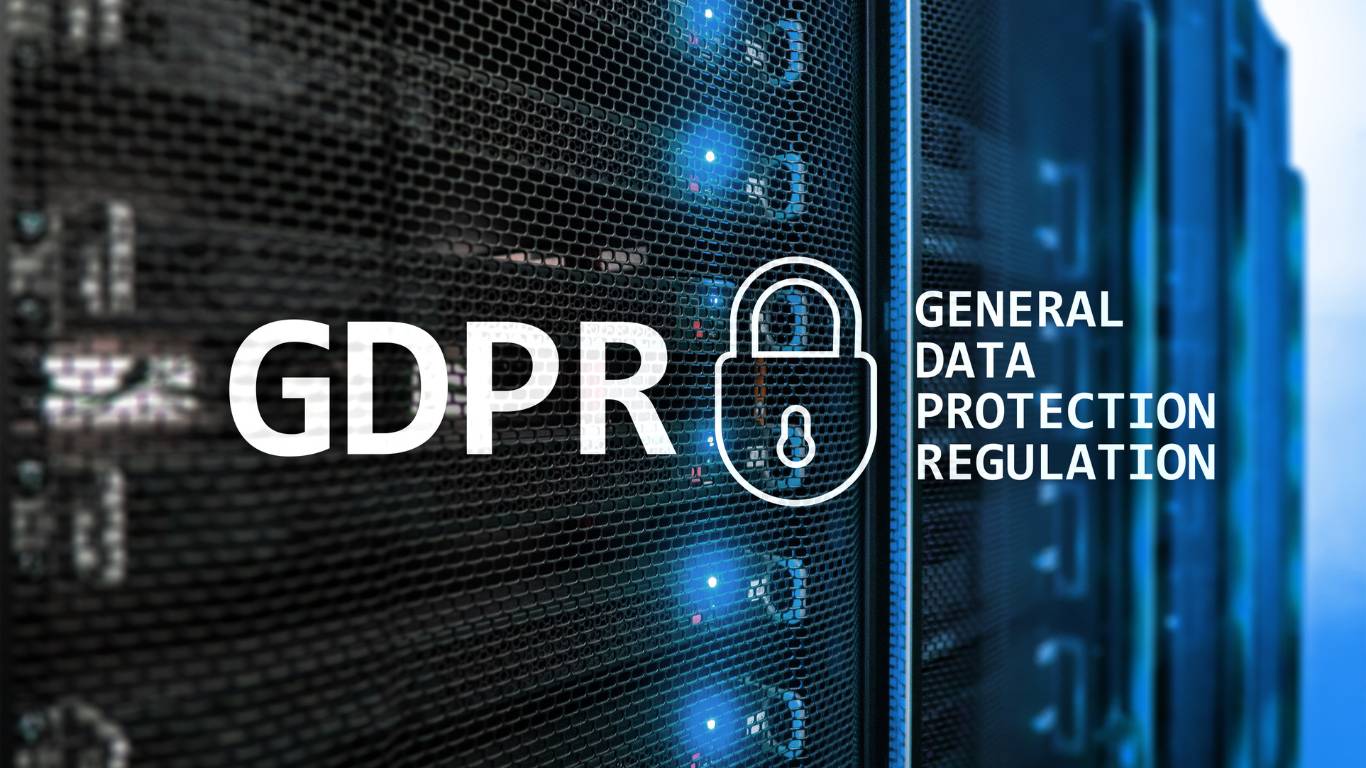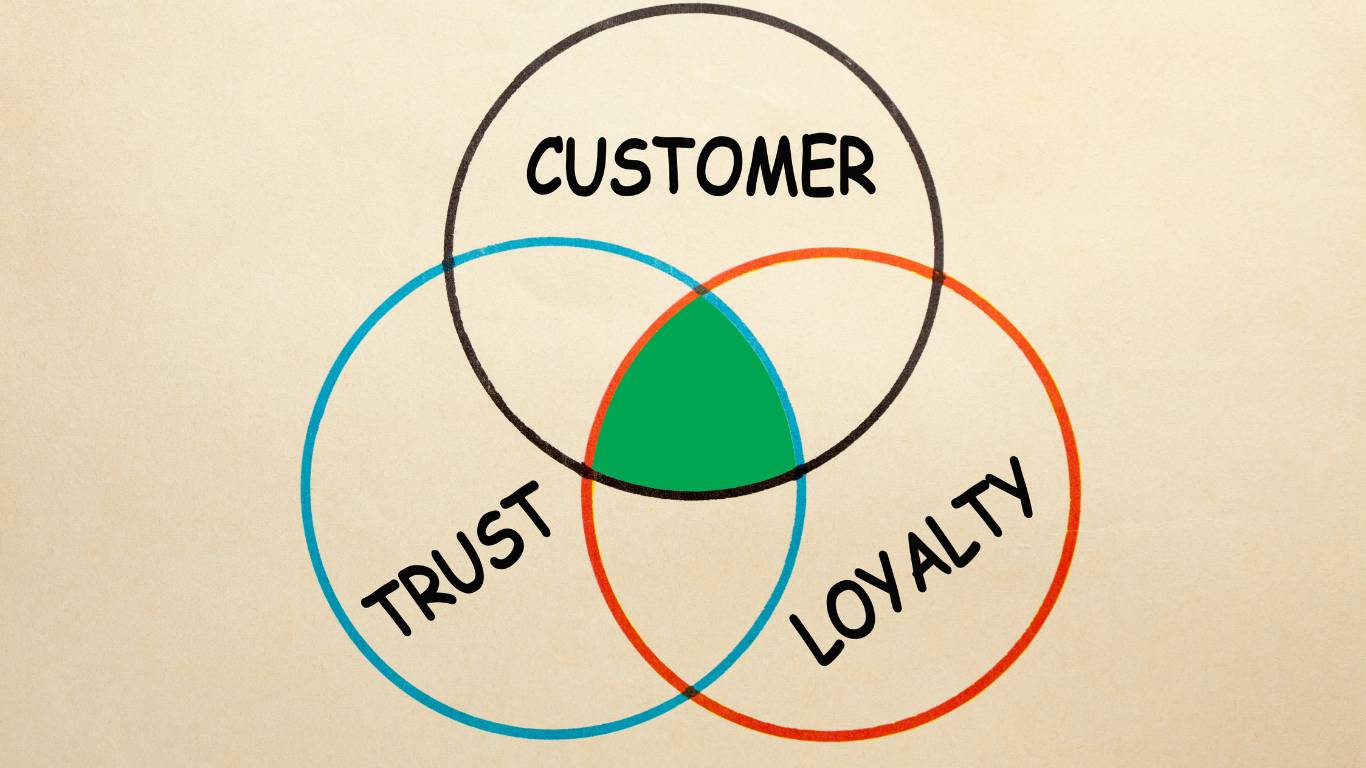Ah, data privacy—the topic that makes marketers sweat and consumers paranoid. In the golden age of digital marketing, we had free rein. We could track everything from how long you hovered over a button to whether you like pineapple on pizza (seriously, some brands know this). But those days of reckless data collection? They’re officially over.
Thanks to increasing regulations and growing consumer awareness, protecting customer data in digital marketing isn’t just a suggestion—it’s a necessity. Fail to comply, and you might find your company trending on Twitter (or are we officially calling it X now?), and not in a good way, or slapped with a fine that makes your CFO cry.
So, how do you navigate this privacy-first world without sending your marketing team into a full-blown identity crisis? Let’s break it down.
Why Data Privacy Matters (Hint: People Don’t Trust You Anymore)

Consumers used to hand over their data with minimal hesitation—until they started realizing they were getting way too many eerily personalized ads. (Raise your hand if you’ve had a conversation about something once and then saw an ad for it on Instagram.)
The result? Trust in digital marketing has plummeted.
- 72% of consumers are less likely to buy from companies that mishandle data.
- 81% of people feel they have little control over how businesses use their data.
- Regulations like GDPR, CCPA, and others are cracking down hard on shady data practices.
Translation? If you want people to engage with your brand, you need to earn their trust. That starts with protecting customer data in digital marketing.
Best Practices for Ethical Data Collection

Data privacy in digital marketing isn’t about ditching personalization—it’s about doing it ethically. Here’s how to collect and use data without being creepy.
1. Get Clear (and We Mean Crystal Clear) Consent
No more hiding data collection behind a vague, 500-word privacy policy. Be upfront with your customers about what you’re collecting, why, and how it benefits them.
- Use simple, easy-to-understand language (no legal mumbo jumbo).
- Implement opt-in forms instead of pre-checked boxes.
- Allow users to adjust their privacy preferences easily.
2. Only Collect What You Actually Need
Do you really need to know your customer’s pet’s middle name to sell them a product? Probably not. The less data you collect, the less you have to protect. Minimize data collection to only what’s necessary for a personalized (but not invasive) experience.
3. Prioritize Data Security (Or Risk a PR Nightmare)
Nothing tanks consumer trust faster than a data breach. (Just ask the companies who have had millions of emails and passwords leaked.)
To protect customer data in digital marketing, implement:
- Encryption to keep data secure.
- Multi-factor authentication (MFA) for internal access.
- Regular security audits to find and fix vulnerabilities before hackers do.
4. Make Opting Out Easy (Yes, Really)
Nobody likes feeling trapped. Give users the option to manage their data and opt out of tracking without making them jump through digital hoops.
Bonus: Making privacy easy can actually increase trust and engagement.
Navigating Data Privacy Laws (Without Losing Your Sanity)

If you thought taxes were confusing, welcome to the world of data privacy laws. Every region has its own rules, and ignorance isn’t an excuse. Here’s what you need to know:
- GDPR (Europe): Requires explicit consent, the right to access/delete data, and heavy penalties for violations.
- CCPA (California): Gives consumers the right to know what’s collected, opt out, and request deletion.
- Other laws: More regions are rolling out their own versions—stay ahead or risk getting blindsided.
- Pro tip: Consult a legal expert to ensure your digital marketing efforts are compliant. (Because “I didn’t know” won’t hold up in court.)
How Ethical Data Use Can Actually Boost Your Marketing

Protecting customer data in digital marketing isn’t just about avoiding fines—it can actually make your marketing more effective.
- Higher trust = More conversions: People buy from brands they trust. Period.
- More engaged audiences: When users feel safe, they interact more.
- Better brand reputation: Being known for ethical marketing is a major win.
Final Thoughts: Data Privacy Isn’t a Trend—It’s the Future
The digital marketing landscape is changing, and data privacy isn’t going away. If you’re still relying on old-school data hoarding techniques, it’s time to adapt or risk extinction.
Protecting customer data in digital marketing isn’t just about staying legal—it’s about building a brand people actually trust. Do it right, and you won’t just comply with regulations—you’ll create stronger, more loyal customer relationships.
So, marketers, the choice is yours: Respect user privacy and thrive, or keep being sketchy and watch your audience (and revenue) disappear. Choose wisely.
